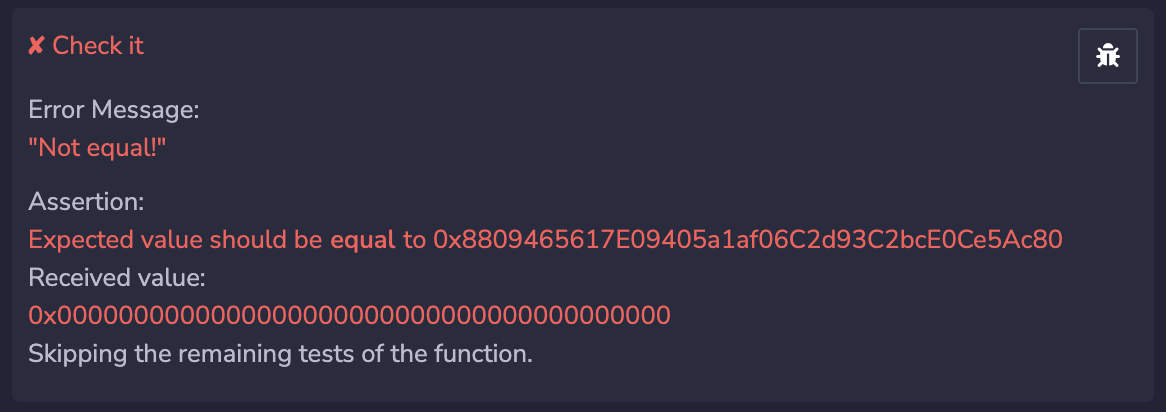I have been trying, debugging, and crying, for a few days now. I simply for the life of me cannot figure out how to verify a signature that I've created with web3, in Solidity. I am sure I am just missing something very fundamental here, but I cannot figure out what it is.
I am struggling with a few different problems. All guides that show how I can verify in Solidity have a check like: require(sig.length == 65), but the signature I get from web3 is 132 chars long, so it already fails there.
JS code I generate signature with:
var hash = "0x" + ethereumjs.soliditySHA3(
["uint256"],
[1000000]
).toString("hex");
this.web3.eth.personal.sign(hash, "0x8809465617E09405a1af06C2d93C2bcE0Ce5Ac80").then(console.log);
>>0x564f8b7ca4a729a34aedf3b065e20b5eaa129fd663243697025a428f27db086e6a7d6dc429c95a44143117a9ea02cd452bce4242b1adb2742b02a4a44e6d389b1c
Solidity code I use to verify:
function prefixed(bytes32 hash) internal pure returns (bytes32) {
return keccak256(abi.encodePacked("\x19Ethereum Signed Message:\n32", hash));
}
function checkIt () public {
bytes memory signature = "0x564f8b7ca4a729a34aedf3b065e20b5eaa129fd663243697025a428f27db086e6a7d6dc429c95a44143117a9ea02cd452bce4242b1adb2742b02a4a44e6d389b1c";
//require(signature.length == 65, "invalid signature length");
bytes32 r;
bytes32 s;
uint8 v;
assembly {
r := mload(add(signature, 32))
s := mload(add(signature, 64))
v := byte(0, mload(add(signature, 96)))
}
uint256 message = 1000000;
address signerAddress = 0x8809465617E09405a1af06C2d93C2bcE0Ce5Ac80;
Assert.equal(ecrecover(prefixed(keccak256(abi.encodePacked(message))), v, r, s), signerAddress, "Not equal!");
}
As mentioned in the beginning, I know that I am just missing something very basic here, but wanted to share what I've tried anyway. I hope someone can point me in the right direction!

